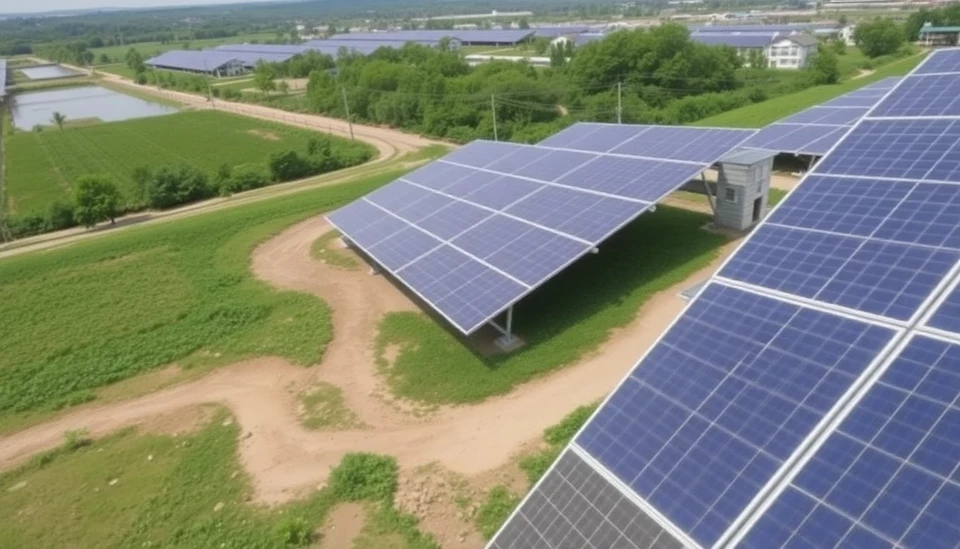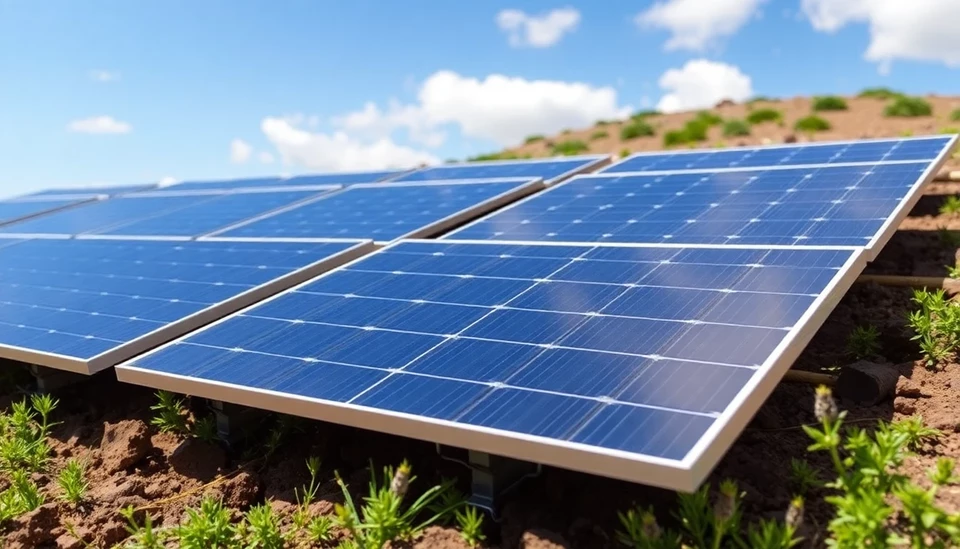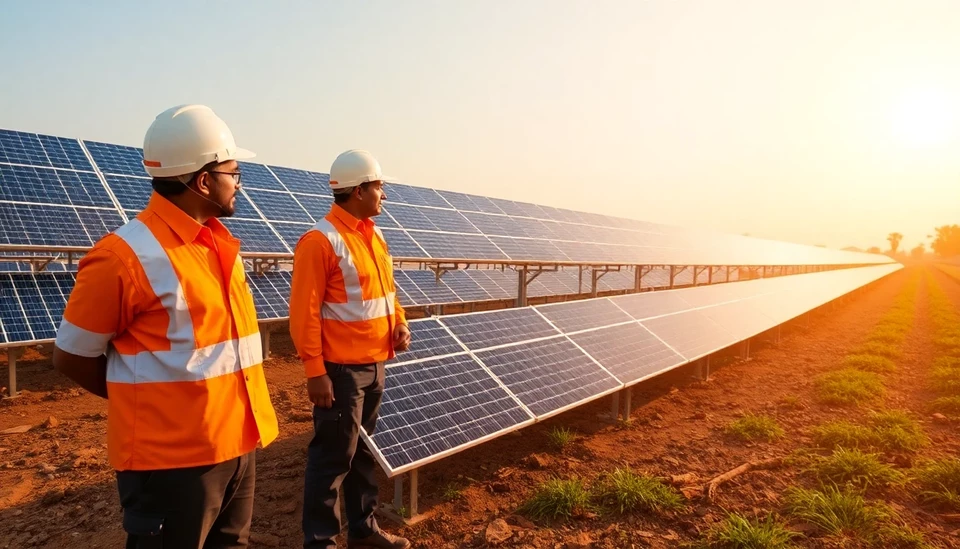
In a significant development affecting the solar energy sector, recent tariffs imposed by the United States have dealt a severe blow to solar panel exports from Southeast Asia. This move comes as part of broader trade policies aimed at protecting domestic markets, adding pressures on manufacturers and suppliers in the region.
The tariffs target imports from countries like Vietnam, Malaysia, and Thailand, which have become major players in the global solar panel supply chain. These nations have been ramping up production in recent years, making substantial inroads into the U.S. market. However, with the introduction of these tariffs, their ability to compete effectively is now in jeopardy.
Industry analysts predict that the tariffs could lead to increased costs for solar projects in the U.S. as producers grapple with higher prices for imported components. The immediate aftermath of the tariff implementation has already seen some companies reevaluating their supply chains and production strategies. Some manufacturers in Southeast Asia may be forced to scale back their operations or shift their focus to markets outside of the U.S.
The U.S. administration has justified these tariffs as necessary to bolster local manufacturing and protect American jobs, but critics argue that this could lead to a slowdown in the growth of renewable energy initiatives, which are crucial for mitigating climate change. Proponents of open trade contend that this protectionist move could increase dependency on domestic resources, which might not meet the increasing demand for solar energy solutions.
The implications of these tariffs extend beyond economics; they are also likely to influence international relations. Southeast Asian countries are now reevaluating their trade relationships and exploring new markets as they seek alternatives to the U.S. market. Diplomatic tensions could arise as these nations consider responses to what they perceive as unfair trade practices.
In summary, the recent tariffs on solar imports from Southeast Asia have introduced significant uncertainty into the global solar market. As manufacturers adapt to this new reality, the long-term effects on both the U.S. and Southeast Asian markets will remain to be seen. Stakeholders across the energy sector are watching closely as the situation evolves.
#SolarEnergy #Tariffs #SoutheastAsia #TradePolicy #RenewableEnergy
Author: Laura Mitchell




